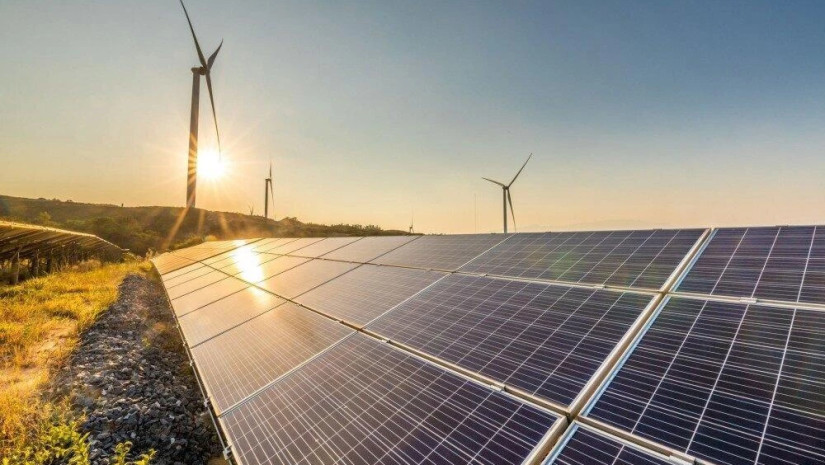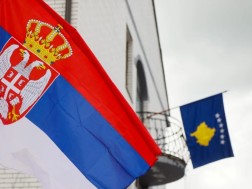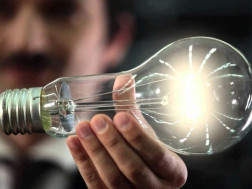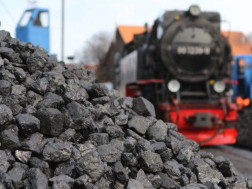Having struck a verbal agreement in mid-May, Kosovo is expected to put pen to paper in July to a grant worth more than $200 million from the Millennium Challenge Corporation, MCC, a US foreign aid agency, to increase the country’s renewable energy capacities and bring more women into the energy sector.
The deal follows a decision by Prime Minister Albin Kurti’s government in September last year to suspend a project, part-financed by the MCC, to connect Kosovo to the Trans Adriatic Pipeline, TAP, bringing Azeri gas to Europe.
Kosovo, which is almost entirely dependent on burning coal to produce energy, continues to be dogged by power shortages more than two decades since it broke away from Serbia in war. But while securing supplies is a priority, the country faces pressure to be greener too, in line with the goals of the European Union, which Kosovo one day wants to join.
Press secretary Marc Rockwell-Pate told BIRN that MCC would present the £236.7-million agreement to its Board of Directors for final approval at its June meeting, “with plans for a compact signing in July.”
In Kosovo, the deal will then go to parliament and the president for approval, said Melik Krasniqi, senior public relations officer at the Kosovo Ministry of Economy.
“The focus of the energy strategy for 2022-2031 will be to increase the share of renewable energy sources and decarbonise the energy sector,” Krasniqi told BIRN. The MCC project will “enable our energy transition,” he said.
Kosovo, however, has a long way to go.
Dependent on coal
Energy stability has been a concern in Kosovo ever since the 1998-99 war. In February, amid a winter of power cuts, the energy regulator proposed to increase the price of electricity, but postponed the move on May 20 pending a court ruling.
The purpose of the deal with MCC is to fund battery storage to support Kosovo’s grid stability and lower the cost of renewable energy. A part will also seek to bring women into the sector.
According to Krasniqi, MCC will provide a direct grant of $202 while the Kosovo government will contribute a further $34 million.
The size of the MCC grant matches what it planned to contribute to the building of a 600-million-euro pipeline connecting Kosovo to TAP. Kosovo suspended that plan in September last year, citing a need to look again at the cost and the wisdom of the project. It followed the collapse of another project in March 2020 to build a new coal-fired power plant. Kosovo already gets roughly 97-98 per cent of its energy from burning coal.
Besfort Kosova, a researcher at the Balkan Green Foundation NGO, said Kosovo has much to do if it is to keep up with the EU’s aim of net-zero greenhouse emissions by 2050.
“We are very far from achieving the set goals,” Kosova said, and questioned the government’s integration of the former ministry of environment into the ministry of infrastructure and transport.
The move, he said, raised concern that “protection of the environment is not a priority nor is it something essential and important,” BalkanInsight reports.
















